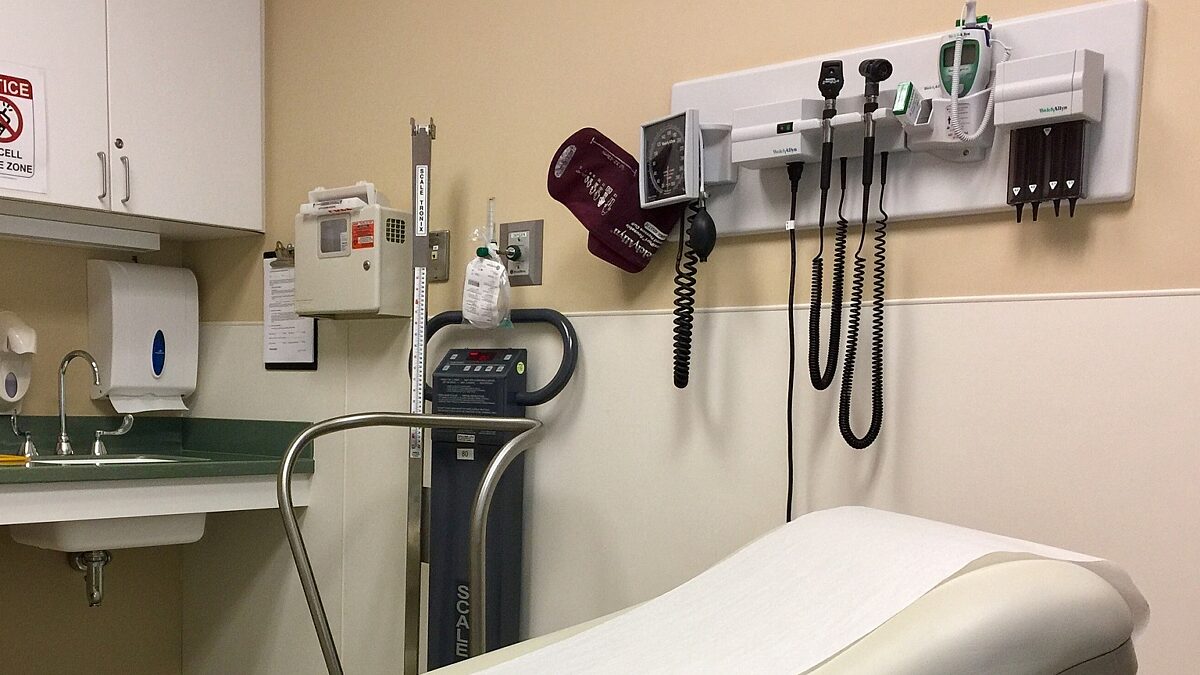Farmers Prioritize Worker Health and Safety
Erin Anthony
Director, Communications

Erin Anthony
Director, Communications
Spending long days in their fields, barns and orchards alongside their family and workers, farmers always have health and safety top of mind – and even more so now as the nation works together to stem the spread of the coronavirus.
From adding handwashing and sanitizing stations in the field to limiting person-to-person interactions as much as possible, keeping to the farm and even preparing for the worst – a COVID-19 infection on the farm – Farm Bureau is urging farmers to take all the precautions possible to protect themselves, their workers and their communities.
South Carolina peach and vegetable grower Chalmers Carr, who employs more than 800 workers from May through September – with more than 700 of them living on the farm – is very mindful about how devastating it would be if one of his workers got sick.
“What would we do if one person gets it? This is very concerning as an employer,” he said.
Coronavirus prevention on Carr’s farm starts with the basics.
“The first thing we’re doing is education and training. And on top of that, we have been providing supplies, especially proper disinfectants, to do proper cleaning,” he explained.
Carr said he, his family and workers are also abiding by the CDC guidelines for limiting contact with others.
“Early on we asked our H-2A temporary workers for some voluntary restrictions on their end, like no out of town travel unless absolutely necessary, keeping visitors to a minimum and no visitors in housing units. Now, like everyone, we’re keeping everything to a bare minimum, like trips to the grocery store,” he said.
Carr has also thought ahead about how to handle a worst-case scenario – a coronavirus diagnosis on the farm – and has identified a separate living and resting space for anyone who gets sick.
Carr emphasized that his company, Titan Farms, is staying vigilant and will continue to make changes as needed.
“This is a day-to-day changing environment. Our workers have been very helpful in making sure that they don’t get sick. They also don’t want to get anyone else sick either,” Carr said.
State Farm Bureaus are engaging farmers on the topic of worker safety in various ways. Some, like North Carolina Farm Bureau, have partnered with university Extension programs to create and distribute one-pagers on COVID-19 safety for farm workers.
The California Farm Bureau Federation and its affiliate Farm Employers Labor Service each created dedicated webpages with information for employers, as did other farm organizations, California Farm Bureau reported in its publication, Ag Alert.
Bryan Little, chief operating officer of FELS and director of employment policy for CFBF, said employers throughout Cailifornia have been reviewing and updating procedures to ensure safety.
"Based on the volume of inquiries we're receiving, it's apparent farm employers want to do all they can to keep their employees well," Little said.
In addition, the American Farm Bureau Federation’s COVID-19 webpage has links to several farm worker safety resources.
Some things farmers can do to help prevent the spread of COVID-19 are:
- Screen and distance arriving workers to ensure health and safety
- Limit person-to-person interactions and create more distance between workers out in the field
- Provide food delivery services to limit workers’ exposure to community spread
- Set up handwashing and sanitation stations in the field
- Provide additional cleaning and disinfectant supplies for worker housing
- Educate employees on safety and cleaning practices through posters and notices, as well as provide local health care and telemedicine information
- Establish a plan of action for quarantining sick employees to prevent spread
Top Issues
VIEW ALL